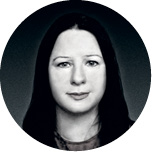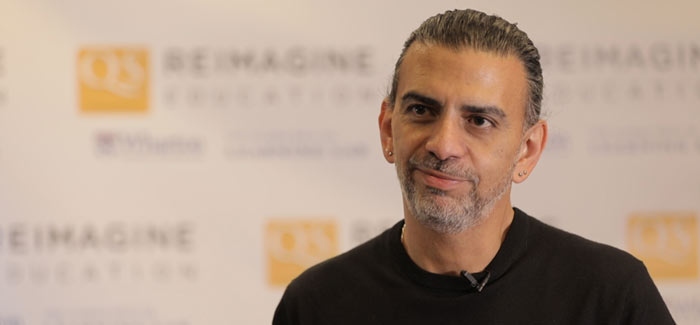Sustainability is slowly becoming a growing focus for many business school students. Not only do students want to learn the fundamentals of business and how they increase profit, but they also want to learn how these fundamentals can help people and the planet too.
Although sustainability teaching has been something that many schools have implemented for a while – usually through a short, individual module on the MBA programme – more and more schools are embedding sustainability into their whole curriculum, and some are even launching master’s programmes dedicated to making the world a better place.
However, at ESMT Berlin, many students are not just learning how business can boost sustainability, but how it can aid people and the planet. As part of the MBA programme at ESMT, MBA students are able to complete the ‘Responsible Leaders Fellowship’, a project that allows MBA students to gain real-world business experience in Asia or Africa helping a local non-profit company with a sustainability-focused initiative.
The aim of the project is to give students a greater insight into non-profit organisation, while also giving these organisations invaluable expertise from MBA students, completely free of charge.
The latest cohort to take on the project includes Pranav Komarraju and Frans Van Der Werf, MBA students originally from India and the Netherlands, respectively. Both students worked on a virtual project with Tieme NDO – a Ghana-based non-profit which is providing rural farmers, who experience inconsistent crop yields and thus revenue, a way to buy the farm inputs with the help of innovative payment programs.
“For many farmers in Ghana, it can be difficult to thrive,” says Frans Van Der Werf. “The industry is turbulent and often uncontrollable, not only because of weather conditions but because of the costs involved to begin with.”
Farmers in Ghana are experiencing the reality of climate change: unpredictable rains, hot weathers, strong winds and rising sea levels. As the impact of climate change increases, farmers are beginning to fear for their livelihoods and coming generations. That is why ESMT Berlin MBA students have been drafted in to not only advise, but help implement new strategies into the business.
“In order for the company to grow, Tieme NDO needed specific help in fields such as forecasting, improving the financial models, calculating impact etc,” says Pranav Komarraju. They brought in the help of Enpact, a mentorship group working with ESMT Berlin MBA students. The students had to understand the company and provide suggestions and structure in the company’s roadmap.
Getting involved with the project
Though they are both jointly working on this project, Pranav and Frans come from very different backgrounds in terms of their previous career paths. Both joined the ESMT Berlin MBA programmes because of the quality of the programme, the interesting business and start-up scene in Berlin and the international experience the programme can bring. However, both are from very different professional backgrounds, with Pranav working in the food industry prior to his MBA and Frans working in real estate.
Their involvement in the RLF project came through an ESMT partner – Enpact – who support global programmes through their Empowering Entrepreneurship Initiative. Enpact contacted ESMT’s Agriculture Club and their Consulting Club, of which both Frans and Pranav were members, to look for students to help with the Tieme NDO project.
“An MBA from the previous cohort reached out to both our agricultural and consulting student clubs in February. I got the opportunity as part of the consulting club and I have worked previously with farmers in India so thought I could use some of my learnings here,” says Pranav, who jumped at the opportunity to get involved in the project.
Sustainability projects like the RLF at ESMT are vital to both MBAs and the non-profits they help, according to Frans. “What I realized is that MBA opens doors for different paths and it does depend on the student on where and how to use these skills. Working with Tieme NDO provided a different perspective and allowed me to utilise my MBA skills in a different field,” says Frans.
So far, Tieme NDO has reached 2000 farmers in Ghana, and increased their average yield by 65 percent, by utilising greater technologies and raw materials. This, in part, has been because of the impact of the ESMT Berlin students, who are now continuing to work with the company on a marketing plan to promote one of the company’s new payment programs, which would be beneficial for both the farmers and the company.
For the future, the founder has a very ambitious vision for Tieme NDO: Zero poverty. Frans and Pranav hope that “the company reaches this ambitious target and help to enterprise more and more rural farmers in Ghana, and reach the wider goal zero hunger and poverty,” knowing they helped the company through their RLF project.












